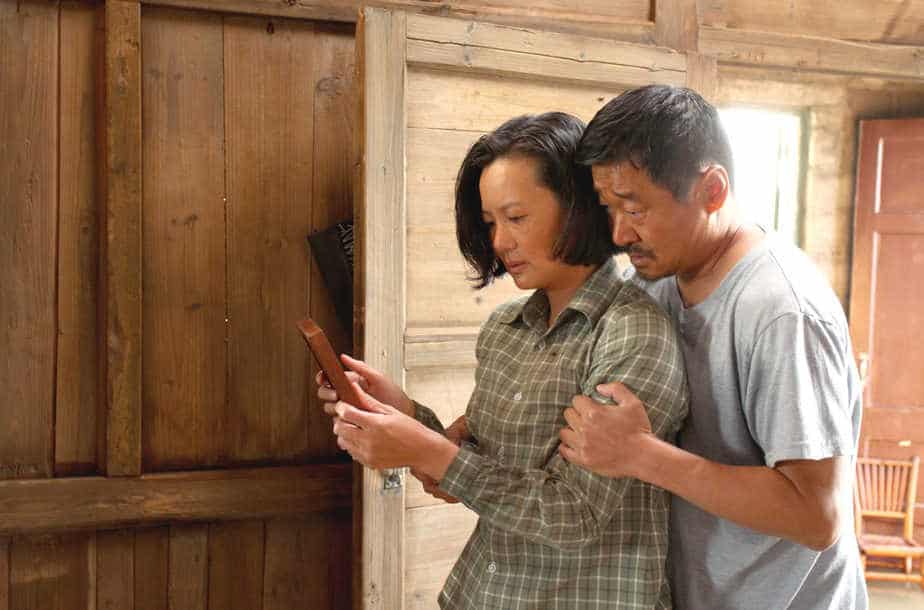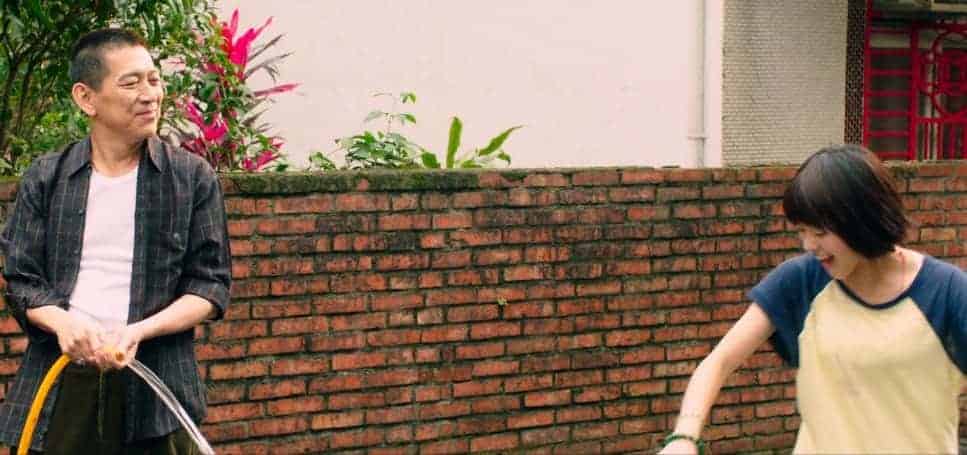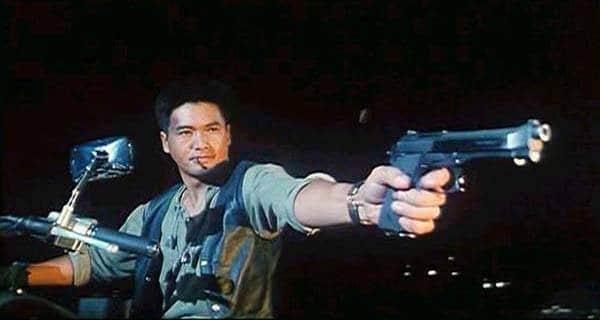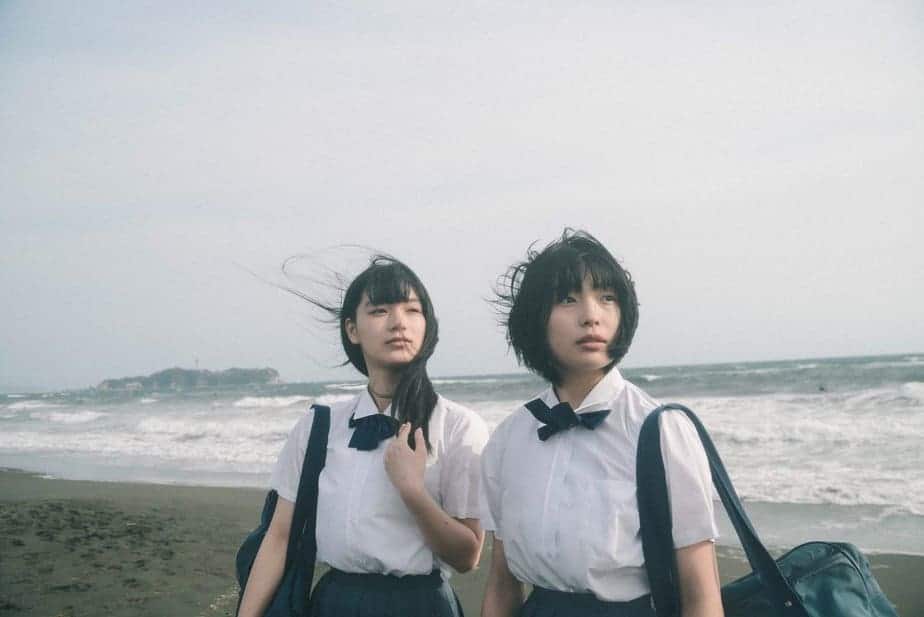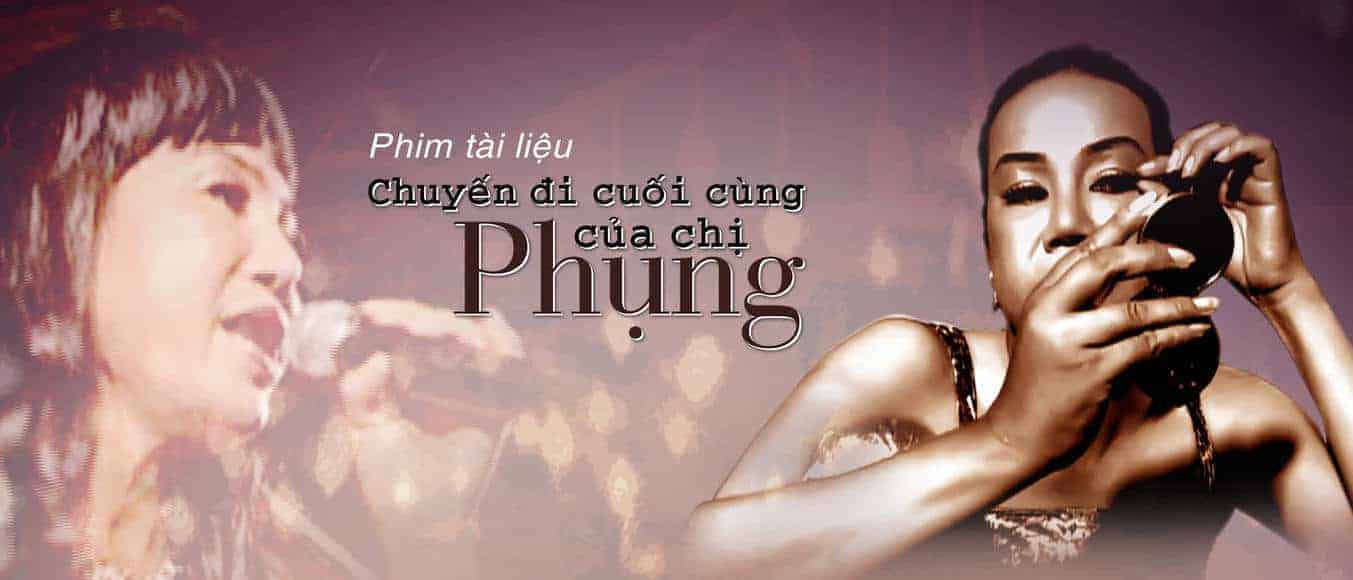A minor player in the Chinese film scene, “Hi, mom” has turned incredibly quickly into a box office superstar, propelling its co-writer, director and star Jia Ling into directors' heaven. To give you an idea, the film is, as we speak, the second highest ever grossing film in China – just behind “Wolf Warrior 2,” – and its director, writer and star Jia Ling is the world's (!!) highest-grossing female director. It has been calculated that the film has cashed more than the entirety of Zhang Yimou's body of work, or Feng Xiaogang in his whole career. But is the film any good? It is with great curiosity and a touch of scepticism that I prepared to watch it.
“Hi, Mom” is screening at Udine Far East Film Festival

Xiaoling is a likeable ordinary girl who, in her opinion, never managed to make her mother Ying (Liu Jia), feel proud. She tells us she was always a bit of a tomboy, more brilliant at eating than at studying, with an inborn talent in ripping her trousers at the knees. While her mum's friends show off their overachieving kids in an increasingly money-driven country, Xiaoling can only use her resourcefulness to pay for a forged college entry certificate. One tragic day of 2001, mother and daughter are involved in a terrible street accident where Ying is fatally injured. Desperate Xiaoling is prostrated and tearful at her mum's deathbed when something supernatural happens and the girl is literally propelled through the sky to the year 1981. From the clouds she heavily crash-lands in a crowded factory compound, straight over the young persona of her mum Ying (here played by Zhang Xiaofei). Still in shock, she clumsily introduces herself as a distant cousin and quickly becomes her mum's best friend.
Being so close to Ying, in a time when she is not even born yet, a twisted plan starts to form in Xiaoling's head; she can maneuver the 1981's present to modify the outcomes and make her mum happier and better-off in the future and maybe avoid the accident too. The list of things she wants to adjust is based on family memories and regrets she remembers from her mum and aunties chats, like obtaining the first television for Ying's factory, winning an important “life-changing” volleyball match and, most of all, introducing Ying to Shen Guanglin (Shen Teng), the timid but privileged son of the factory boss Shen (Du Yuan). At the cost of cancelling her future self, Xiaoling is determined to secure a wealthier husband and a better child for her beloved mother, and she puts all her energy, imagination, and problem-solving ability into achieving that result.
This film was a very personal project for Jia Ling as she drew inspiration from her own mum who died when she was 19. A respected stand-up comedian in China, Jia turned her sad personal story into a stage show first, and then into the aforementioned box office sensation. It is rather easy to understand the factors that made “Hi, Mom” such a big success and all of them are equally relevant. The nostalgia factor is surely one, aided by the competent work of Art director Zhou Hai and style designer Liu Xaoli. But the factory compound is not just a well-recreated memory-trigger, it's a proper symbol of an idealistic place in time where human relations counted more than wealth, where competition was a benign driving force and where collaboration overshadowed individualism. This “It was better when it was worst” kind of setting is the ideal nest for sympathy, and not only for Chinese citizens. I wouldn't be surprised if in the next years “Hi, Mom” turned into a franchising with multiple adaptations, on the line of the South Korean, also nostalgia-inspired, “Miss Granny”.
Moreover, the characters and the feelings are extremely relatable. Cultures that put family values at the forefront, like Latino or Asian, are bound to raise troubled children in terms of achievement. Demanding parents generate frustration and low self-worth. Children can feel an overwhelming pressure to make their parents proud, often through exemplary school performance, forgetting that parental love is often unconditioned. Watching Xialoling struggle to modify her mum's life path, push her to marry a different man and have a different child – and basically preventing her own birth – is deeply heart-breaking. No wonder the film has sparked animated conversations about parenting and womanhood.
Casting and acting play their part too in the film's achievements. Although not very famous, all the actors are very talented and convincing, and refreshingly authentic. In fact, as funny as it might sound, they look like real people, and, in an industry where most of the stars are pushed through a smoothing and beautifying process (physical and digital), this genuineness makes it quite special and trustworthy. Jia in particular is a bona fide ordinary amiable woman with an infectious laughter, and Zhang Xiaofei has a heart-warming and room-brightening smile; their chemistry on screen is strong and despite the awkwardness of the time-zone situation and a major discrepancy between screen age and real age, they are remarkably believable as best friends “slash” mother and daughter.
On the negative side, at about 2 hour running time, the film feels a bit long; the narrative would have probably remained intact even if it had shed 30 minutes, although the length – as we now know – doesn't seem to have spoiled in any way the huge commercial success. Also, the score can be a touch intrusive at times. In some scenes, feelings are spoon-fed by the music but honestly, there is no need for it, the story speaks tons for itself.
Starting out as a comedy, “Hi, Mom” turns into a proper heartbreaker in its third act, when Xiaoling suddenly realises something that will provide the dramatic twist. And yet, there are some seeds of happiness in that epiphany, that elevates the film and differentiates it from a mere tearjerker. Nobody would have played the part of Xiaoling better than Jia Ling, the passion and strong drive of her intimate journey-turned-project are palpable, and the authenticity of these feelings is the warming heart of the film.




